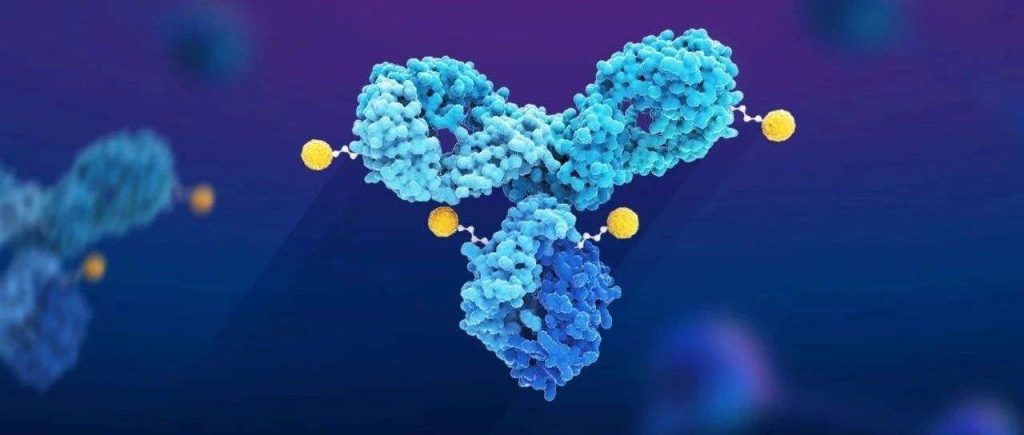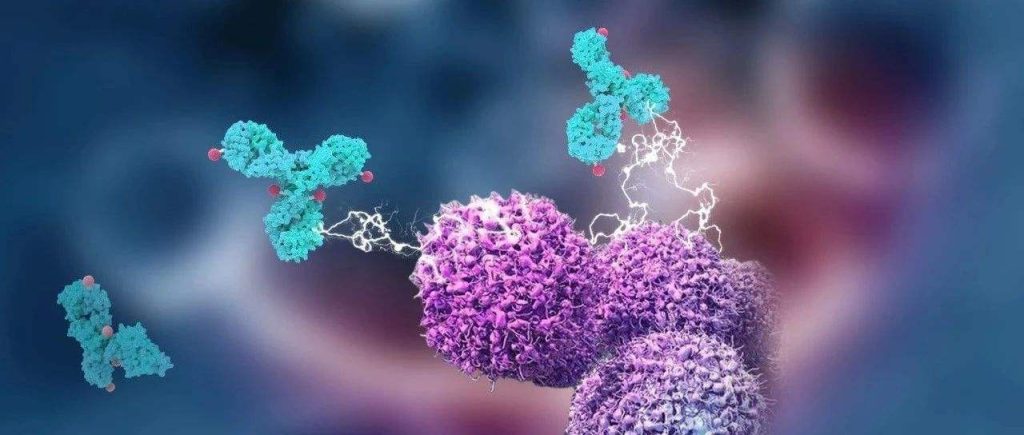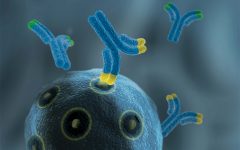
Common types of ADC linker reagents
An ADC linker reagent is a chemical compound that is used to connect a monoclonal antibody to a cytotoxic drug in the production of an

An ADC linker reagent is a chemical compound that is used to connect a monoclonal antibody to a cytotoxic drug in the production of an

Fluorescent dyes and ADC (antibody-drug conjugates) drugs are two different types of agents that are sometimes used in cancer treatment. Fluorescent dyes are compounds that
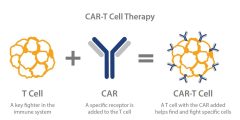
Chimeric Antigen Receptor T-cell (CAR-T) therapy is a type of cancer treatment that involves the genetic modification of a patient’s own T-cells, a type of
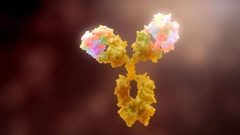
An antibody-drug conjugate (ADC) is a type of biopharmaceutical drug that is composed of an antibody and a cytotoxic drug. The purpose of an ADC
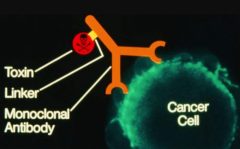
ADC, or antibody-drug conjugate, is a type of drug that combPrinciple ofines an antibody with a toxic drug in order to specifically target and kill
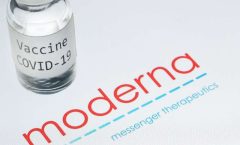
Recently, Pfizer of the United States and its German partner BioNTech countersued rival Moderna for the patent of the COVID-19 vaccine technology. broad” and “unenforceable”.
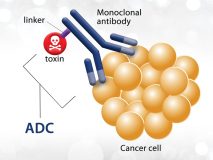
Antibody-drug conjugates (ADCs) are a class of targeted biological agents that couple target-specific monoclonal antibodies with highly lethal cytotoxic drugs through specific linkers, using monoclonal

On November 30, 2022, Ferring Pharmaceuticals announced that its microbiome therapy REBYOTA® (RBX2660) was approved by the FDA, becoming the first approved fecal microbial therapy.

The development of antibody-drug conjugate (ADC) therapies has progressed rapidly in recent years, with 15 products approved worldwide. It is estimated that the global market
